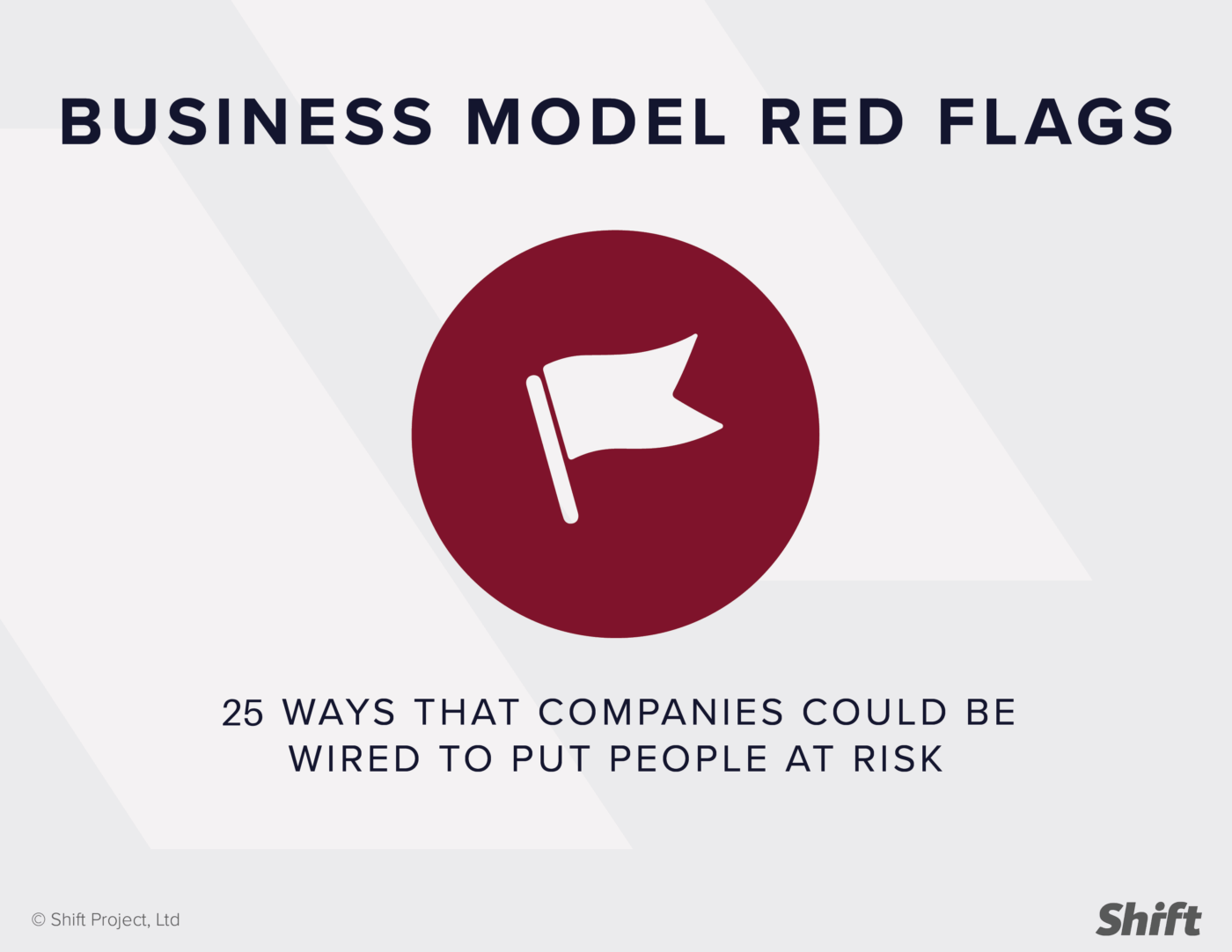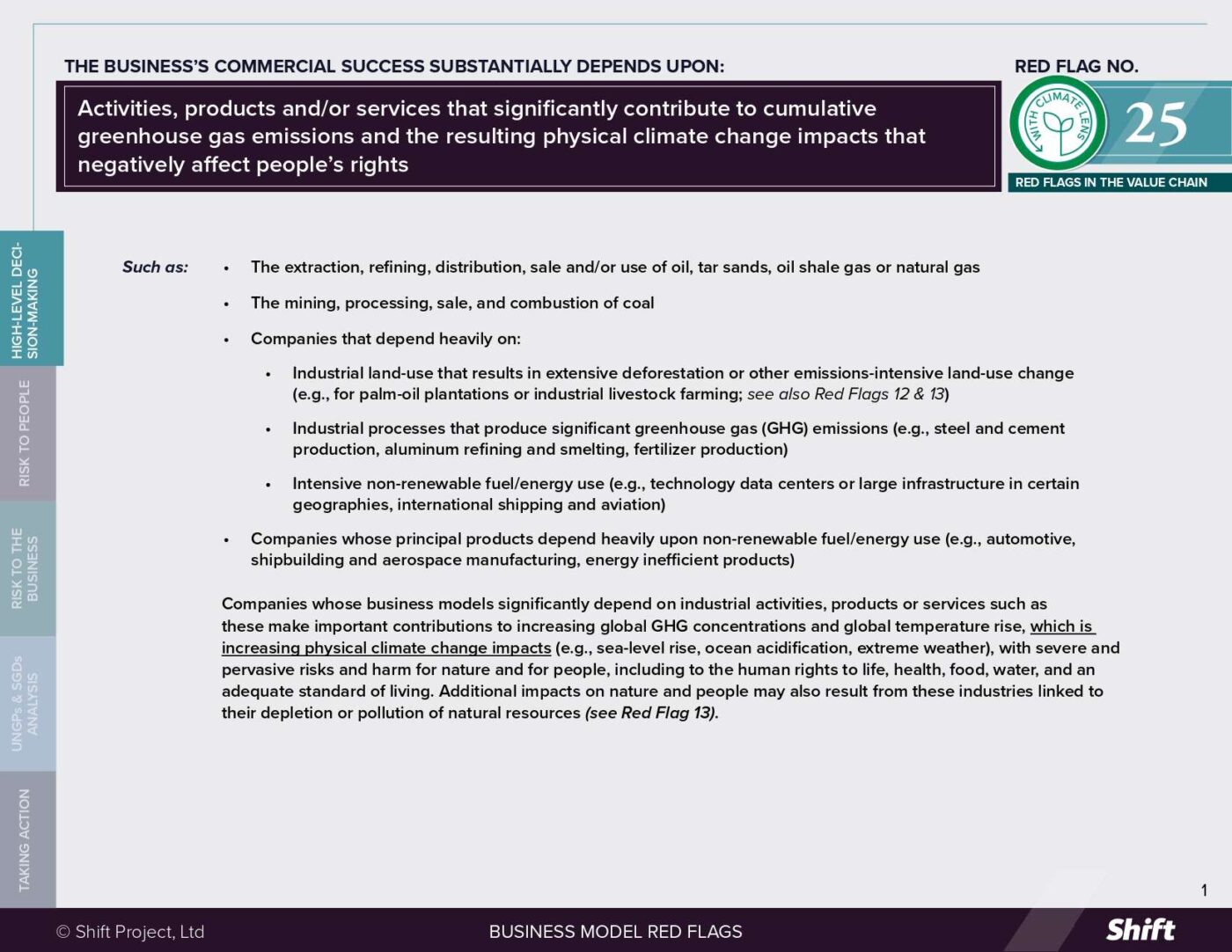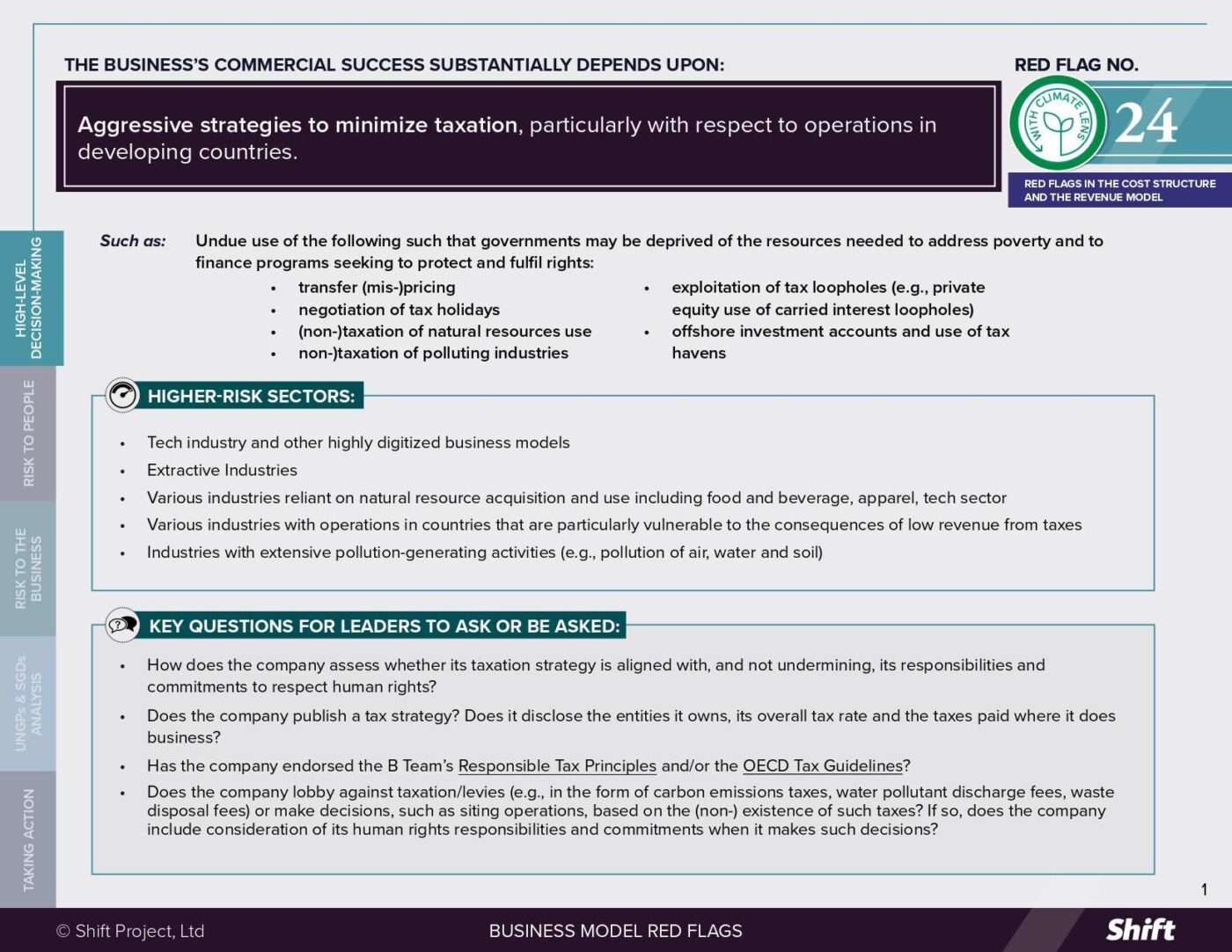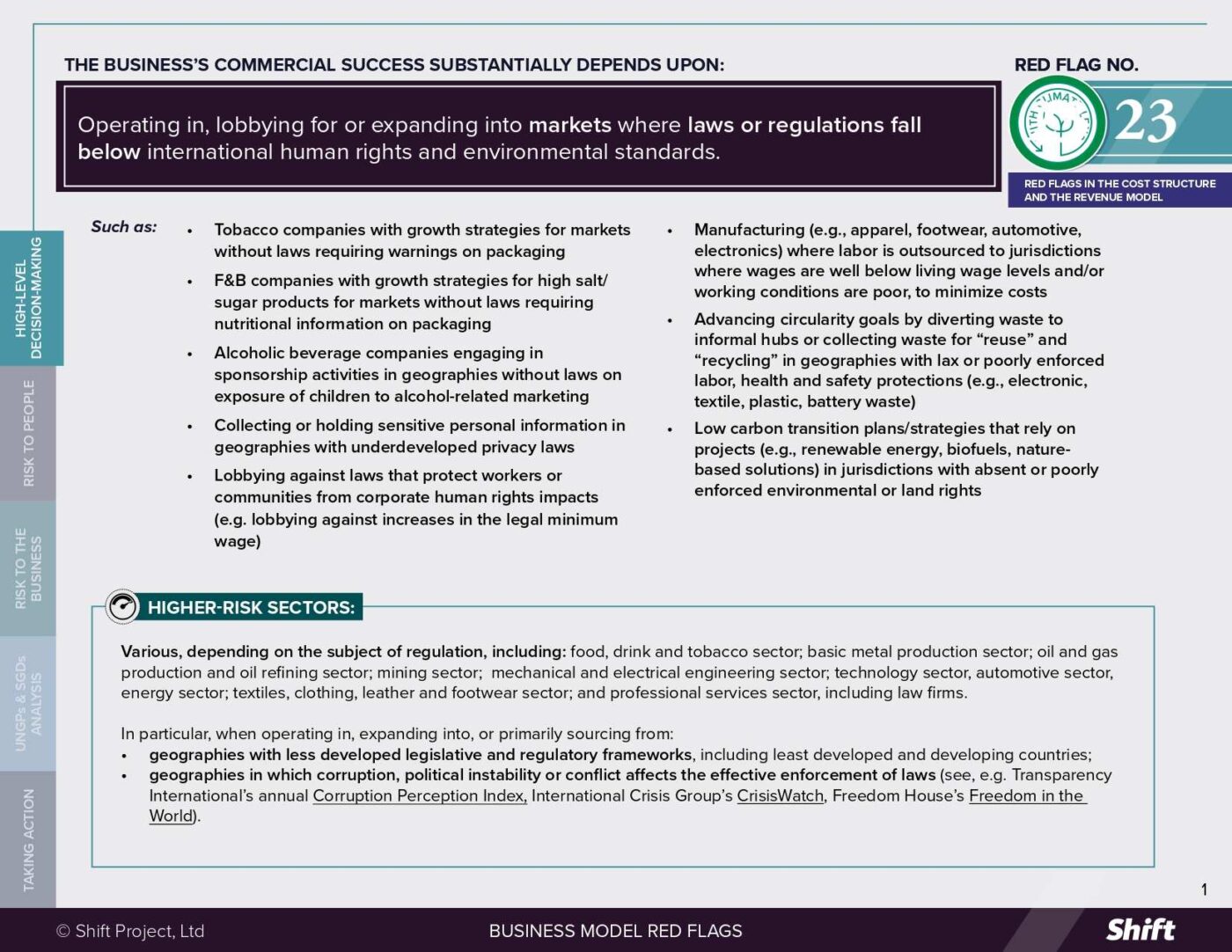Tracking whether company efforts to prevent and mitigate risks to people from business activities are effective is an integral part of the Corporate Responsibility to Respect Human Rights. Many companies undertake a range of monitoring activities to this end, including assessment of human rights risks, impact assessments, audits and reviews of grievances. While these periodically-used instruments are sometimes successful in identifying abuses and violations, they do not help companies know which of their activities make a difference in the lives of communities, workers and consumers.
Evaluation practices, on the other hand, give companies evidence of why desired outcomes have not been achieved and how to achieve them.
Evaluation moves away from just collecting data to examining practices in order to learn and improve. As affected stakeholders are at the center of companies’ responsibility to respect, incorporating the voices of people affected by companies’ actions is vital.
Incorporating the voices of affected stakeholders in this evaluative process has several benefits. First, using insights from stakeholders affected by companies’ efforts has proven to lead to more reliable, trusted and meaningful data. It can reveal which aspects of an intervention have desired impacts on stakeholders, which are the most valued and which need further improvement. Second, paying attention to stakeholder experiences can also contribute to improving a company’s relationship with its stakeholders, and facilitate building trust and respect. Additionally, assessing the value of an intervention from the affected stakeholders’ perspective can help companies make informed choices when designing and implementing programs in the future, preserving valuable company time and resources.
The Valuing Respect Project has mapped three standout examples of companies using affected stakeholder insights to improve their practices, all with positive results.
Active listening. Phillip Morris International, in cooperation with Verite, conducted interviews with smallholder farmers in Malawi to learn about what aspects of its extensive Agricultural Labour Practices program had made greatest impacts on their lives. Using an applied method called Most Significant Change, they collected farmers’ stories. The stories, told and interpreted by farmers themselves complemented an extensive field monitoring system, which relies on field technicians regularly visiting tobacco-growing farms to assess management practices, environmental conditions and labour issues. The combination of periodic assessments with a deep level inquiry into farmers’ experiences brought to life impacts of the program in the voice of real people, and revealed effects of the program on complex issues like child labor.
Taking actions to improve stakeholder relations. A challenging relationship with local communities adjacent to its mining operations has led global mining company Gold Fields to use findings from regular assessments of stakeholder relationships to improve its community engagement strategy. By tracking changes in the communites’ perceptions over time, Gold Fields is able to measure which aspects of its community-company relationships have improved, and which need additional attention. The company has also used the data to redesign its community programs, and to focus energy and resources on what matters to their communities.
Ensuring that affected stakeholders stay informed about how their insights shape companies’ decision making can help companies continuously improve their programs and data.
Communicating the improvement. Ensuring that affected stakeholders stay informed about how their insights shape companies’ decision making can help companies continuously improve their programs and data. Constituent Voice, a methodology developed by Keystone Accountability builds a continuous feedback loop between a company and its stakeholders as a way to create quality company-stakeholder relationships. On the one hand, the “loop” (a cyclical process of data collection, analysis and reporting and finding solutions) increases stakeholder motivation to participate in the company’s evaluation process. On the other hand, the cyclical nature of the evaluation means that data is collected and analyzed in real time, allowing a company to predict if desired outcomes are likely to be achieved, or a course correction should be considered.
As you can see, well-designed evaluations generate knowledge around what works and what does not, which can then serve as a strong foundation for scaling up successful interventions.
To help expand available research around this concept, the Valuing Respect project team will be publishing a collection of case studies offering a spectrum of methods and lessons early next year. Furthermore, the Project is seeking to test new ways of using stakeholder voice with pioneering companies across different geographies and sectors. Identification, design and implementation of the pilots is currently under way. If you would like to become a part of this group of leading companies, please email me.

 By Jana Mudronova
By Jana Mudronova



